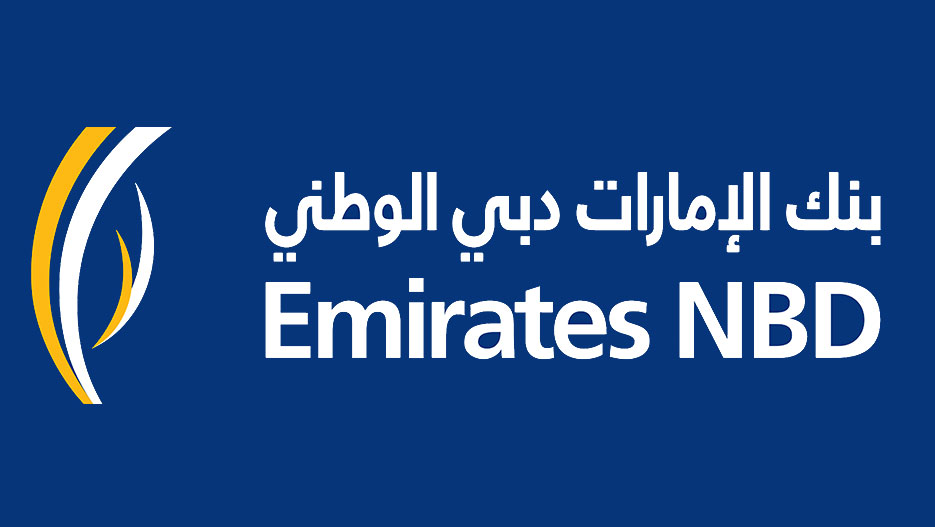
The Youth Summit convenes changemakers aged 18 to 35 from around the world and serves as a prelude to the IUCN World Conservation Congress. It aims to elevate youth voices in conservation, foster intergenerational dialogue, and launch actionable youth-led agendas. Emirates NBD’s involvement is intended to bridge a persistent gap: limited access to finance continues to constrain many youth conservation initiatives globally.
Vijay Bains, Chief Sustainability Officer and Group Head of ESG at Emirates NBD, emphasised that youth are central to future environmental outcomes. Bains said that by providing financial tools and models, the bank hopes to support biodiversity projects and climate action schemes initiated by young leaders. He added that the partnership aligns with UAE’s broader sustainability goals and the group’s long-term ESG aspirations.
Emirates NBD is advancing more broadly in sustainable finance. Earlier this year it became the first Gulf Cooperation Council bank to join the Sustainable Markets Initiative’s Financial Services Task Force, seeking to scale nature-positive banking solutions across markets. The task force brings together international financial institutions aiming to channel capital toward climate and natural capital investments.
Critics, however, note that partnerships must translate into measurable impact. Some analysts urge that pledges of “knowledge partnership” must be backed by funding commitments, transparent metrics, and rigorous accountability if such initiatives are to foster lasting change. The history of conservation financing includes many well-intentioned programmes that faltered for lack of follow-through.
To date, Emirates NBD has incorporated sustainability principles across its operations and strategy. Its 2022 ESG report outlines efforts in energy management, responsible procurement, employee engagement and environmental stewardship across its regional operations. The bank’s sustainability web page also emphasises its pursuit of greater transparency in ESG and engagement with global frameworks.
The session on financing youth conservation is expected to spotlight innovative models such as blended finance, crowd-funding, and concessional capital, and explore how to tailor solutions to diverse geographies and ecosystems. Observers will watch whether the bank leverages its regional reach to support cross-border youth initiatives.
The UAE host strategy further amplifies such partnerships. As the country prepares to host the World Conservation Congress later in October, it aims to showcase how conservation and development can coalesce. The UAE has already invested in mangrove restoration, protected area expansion, and nature-based solutions at scale. Scientists monitoring mangroves in the UAE document that between 2017 and 2024, mangrove area increased by over 2,060 hectares, yielding significant carbon sequestration gains.
Topics
Live News
